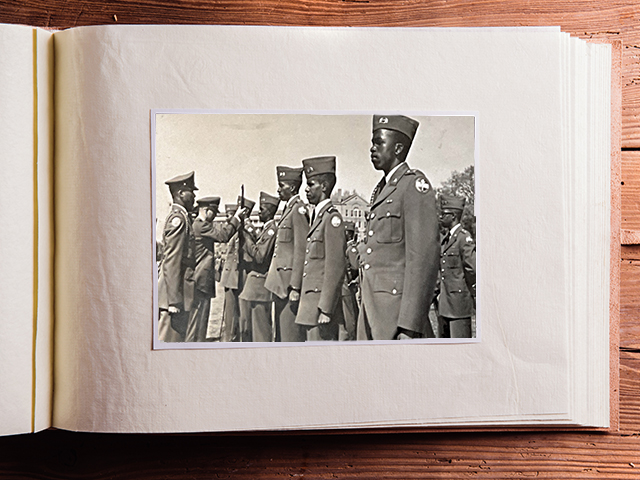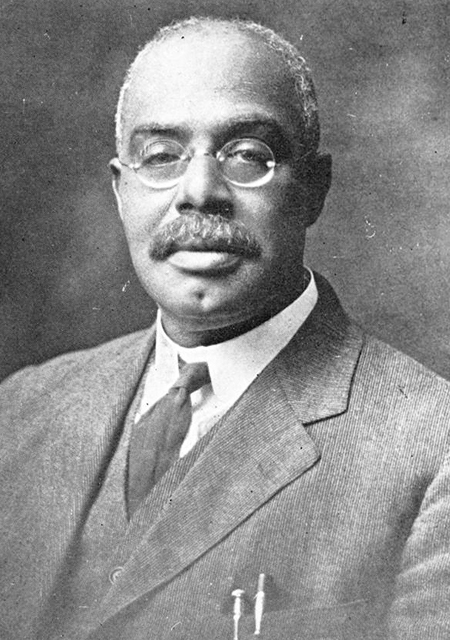Our History
The FAMU Army ROTC program has maintained high standards and continues to produce superb commissioned officers.
It was during the 1950s that cadets such as Fredrick Humphries, Eugene Cromartie, Leroy Bell, and many others showed their potential and rose to great prominence in the military and society at large. Fredrick Humphries was the first black Lieutenant to be commissioned into the prestigious Army Security Agency (now Military Intelligence) and, to no surprise, finished second (2nd) in his class. Eugene Cromartie was the first black person to finish number one (1st) at advance camp in 1956. General Cromartie rose to the rank of Major General and became known as the Army’s “Top Cop” as he commanded the Army’s Criminal Investigation Division. General Leroy Bell was an outstanding track star, and over the years, his exceptional leadership led to his appointment as the Deputy Commanding General for the District of Columbia Army National Guard as a Brigadier General.
FAMU Army ROTC graduates have proudly served their country, from the Korean War Conflict to Iraq (OIF) and Afghanistan (OEF) operations. In 1969, FAMU felt the increasing impact of the Vietnam War, particularly from national legislation. The pressure from the country’s public opinion of Vietnam led to a federal law that made ROTC non-mandatory. In many institutions across the country, enrollment dropped to zero (0), and some programs disbanded, not to return until the early 1980s. During this very critical time, FAMU’s administration was very supportive of ROTC. FAMU’s ROTC program continued to produce quality leaders who met the needs of our military while serving our country proudly in the Vietnam War and beyond.
Many community leaders are affiliated with FAMU’s Army ROTC, including more than 1200 officers commissioned through this excellent program. These great leaders include five general officers and one former Secretary of Defense cabinet official. The FAMU Army ROTC program has maintained high standards and continues to produce superb commissioned officers.





